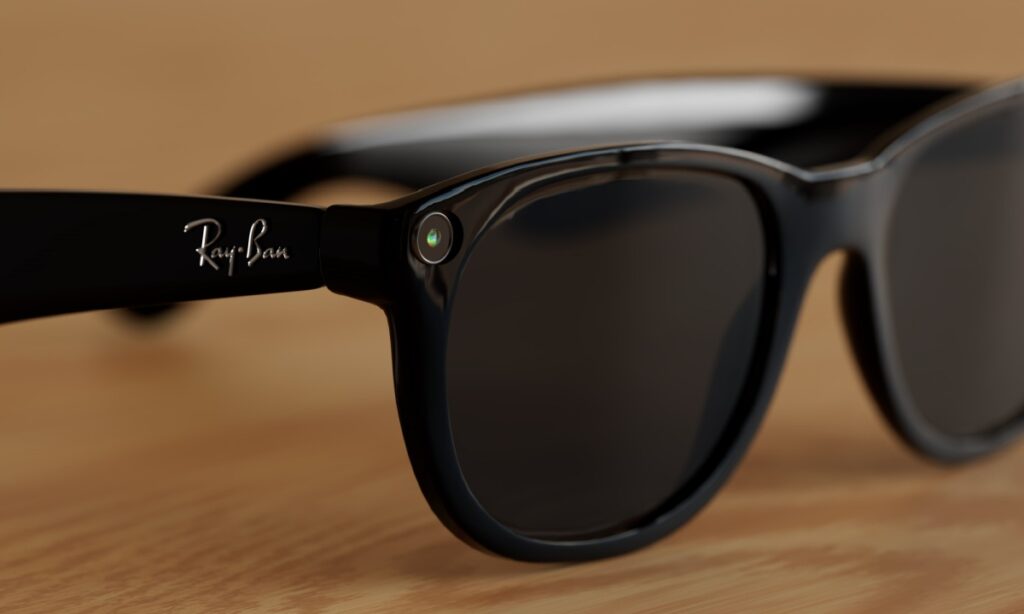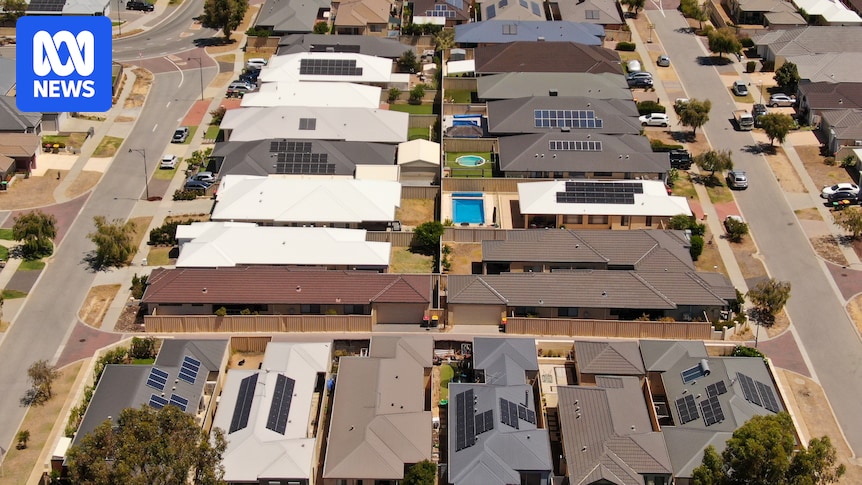
Meta is poised to make a significant leap in wearable technology with the upcoming launch of its new smart glasses, internally dubbed Hypernova. Set to be unveiled in September, these glasses will feature an integrated display and will be priced starting at $800, according to reports.
The announcement comes as Meta continues to expand its presence in the augmented reality market, with the Hypernova glasses representing a potential shift in how users interact with digital content. Initially intended to be priced at $1,000, the decision to lower the starting price to $800 before style variations or prescription lenses suggests Meta’s strategic move to make the technology more accessible.
Features and Innovations
According to Bloomberg, the Hypernova smart glasses will include a screen on one lens for apps and alerts, alongside a wrist accessory for controlling the device. This innovative approach hints at a future where smart glasses could potentially replace smartphones, a vision that aligns with Meta’s long-term goals.
CNET reports that the glasses are designed to work in conjunction with mobile phones but could eventually evolve into standalone devices. Frederick Stanbrell, head of wearables for EMEA at IDC, highlighted the potential of Hypernova, stating,
“We are likely seeing the first generation of a device that Mark Zuckerberg intends to one day replace phones.”
Market Context and Competition
The move represents a significant step for Meta, especially considering the current landscape of smart eyewear. The existing Meta Ray-Ban glasses are priced between $200 and $400, while Oakley’s smart glasses reach up to $500. By positioning Hypernova at a higher price point, Meta is likely targeting a more premium segment of the market.
Meanwhile, EssilorLuxottica, Meta’s partner on the Ray-Ban and Oakley smart glasses, reported a more than 200% increase in sales of Ray-Ban Meta glasses in the first half of the year. This surge underscores the growing consumer interest in smart eyewear as a viable tech accessory.
Broader Industry Trends
The development follows a broader trend in the tech industry towards integrating augmented reality into everyday devices. In May, Google announced its partnership with eyewear brands Gentle Monster and Warby Parker to develop glasses equipped with its extended reality (XR) operating system, Android XR.
Shahram Izadi, vice president and general manager of Android XR at Google, explained the vision behind this technology, stating,
“What if your AI assistant could see the world from your perspective and offer hands-free help? That’s the vision driving our latest advancements in Android XR.”
Looking Ahead
As Meta prepares to unveil Hypernova, the implications for the future of wearable technology are profound. The integration of AI, sensory technology, and a data-rich healthcare infrastructure could transform how users interact with both digital and physical environments.
EssilorLuxottica’s leadership echoed this sentiment, with Chairman and CEO Francesco Milleri and Deputy CEO Paul du Saillant stating,
“We are leading the transformation of glasses as the next computing platform, one where AI, sensory tech, and a data-rich healthcare infrastructure will converge to empower humans and unlock our full potential.”
With the launch of Hypernova, Meta is not only advancing its technological capabilities but also setting the stage for a new era of digital interaction. As the market for smart glasses continues to evolve, the coming months will be crucial in determining how these devices are received by consumers and their impact on the tech industry at large.






